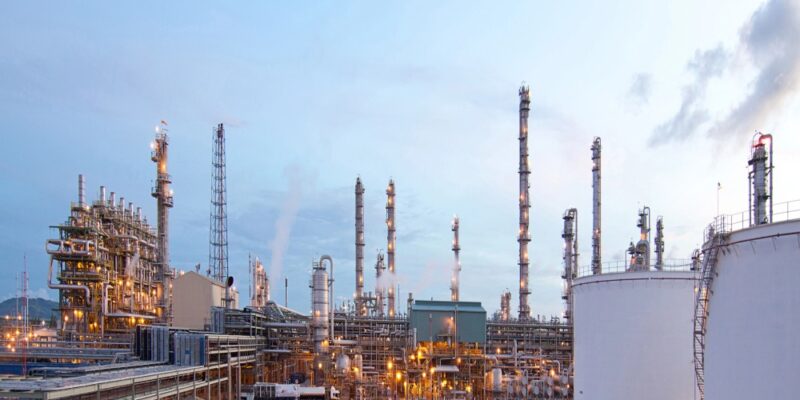In the oil and gas sector, acquisitions are a key strategy for growth, diversification, and access to new reserves or infrastructure. However, these transactions carry significant financial, operational, and regulatory risks. Acquisition due diligence energy is the process of thoroughly evaluating a target asset or company before a deal is completed, ensuring that buyers fully understand the opportunities and potential liabilities involved. Expert advisory plays a vital role in guiding organisations through this complex landscape, reducing risk and maximising value.
Why Acquisition Due Diligence is Critical in Oil and Gas
Oil and gas assets are capital intensive, technically complex, and subject to fluctuating commodity prices. Without rigorous due diligence, companies risk overpaying for assets, inheriting hidden liabilities, or acquiring underperforming operations. Expert advisers help identify critical areas such as:
- Asset quality and operational performance
- Financial health and accounting accuracy
- Regulatory compliance and environmental obligations
- Land rights and lease agreements
- Future decommissioning or remediation liabilities
By addressing these factors, companies can make informed decisions, protect shareholder value, and optimise long term returns.
The Role of Expert Advisory in the Due Diligence Process
Oil and gas consultants and expert advisers bring specialised knowledge across finance, operations, and legal frameworks. Their involvement ensures that every aspect of an acquisition is carefully evaluated. Key contributions include:
- Technical assessments: Evaluating production facilities, pipelines, and reservoirs to verify reported performance and forecast potential output.
- Financial review: Working with financial accounting oil and gas teams to analyse historical performance, cost structures, and profitability.
- Regulatory and legal guidance: Reviewing land agreements, compliance obligations, and contractual risks.
- Risk identification: Highlighting environmental, operational, and safety risks that could impact asset value post-acquisition.
Consultants act as independent advisors, providing objective insights that support sound decision making.
Integrating Operations and Portfolio Strategy
Acquisition due diligence is not just about avoiding risk—it also identifies opportunities to enhance operational efficiency and portfolio performance. Expert advisers often collaborate with teams focused on production and operations consulting and energy portfolio management to determine how newly acquired assets fit within broader strategic goals. This integration ensures that acquisitions complement existing assets, optimise returns, and strengthen overall portfolio resilience.
Enhancing Long Term Value Through Thorough Analysis
A successful due diligence process allows companies to negotiate better terms, identify synergies, and plan for future capital expenditure or operational improvements. Expert advisory ensures that all potential risks are quantified and incorporated into valuation models, making it possible to structure deals that are financially sound and operationally feasible.
In the highly competitive and regulated oil and gas industry, acquisition due diligence energy is a critical step in ensuring successful transactions. Expert advisory provides the technical, financial, and strategic insight needed to evaluate assets comprehensively, manage risks, and maximise long term value. By leveraging the guidance of oil and gas consultants, organisations can approach acquisitions with confidence, ensuring that new assets enhance their portfolio while supporting sustainable growth.







Comments